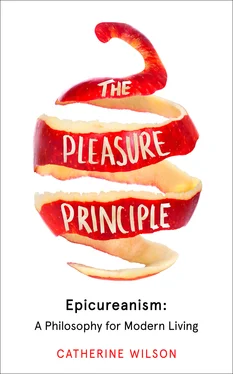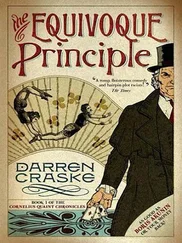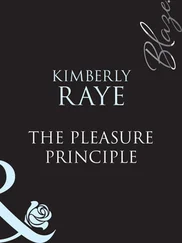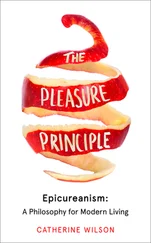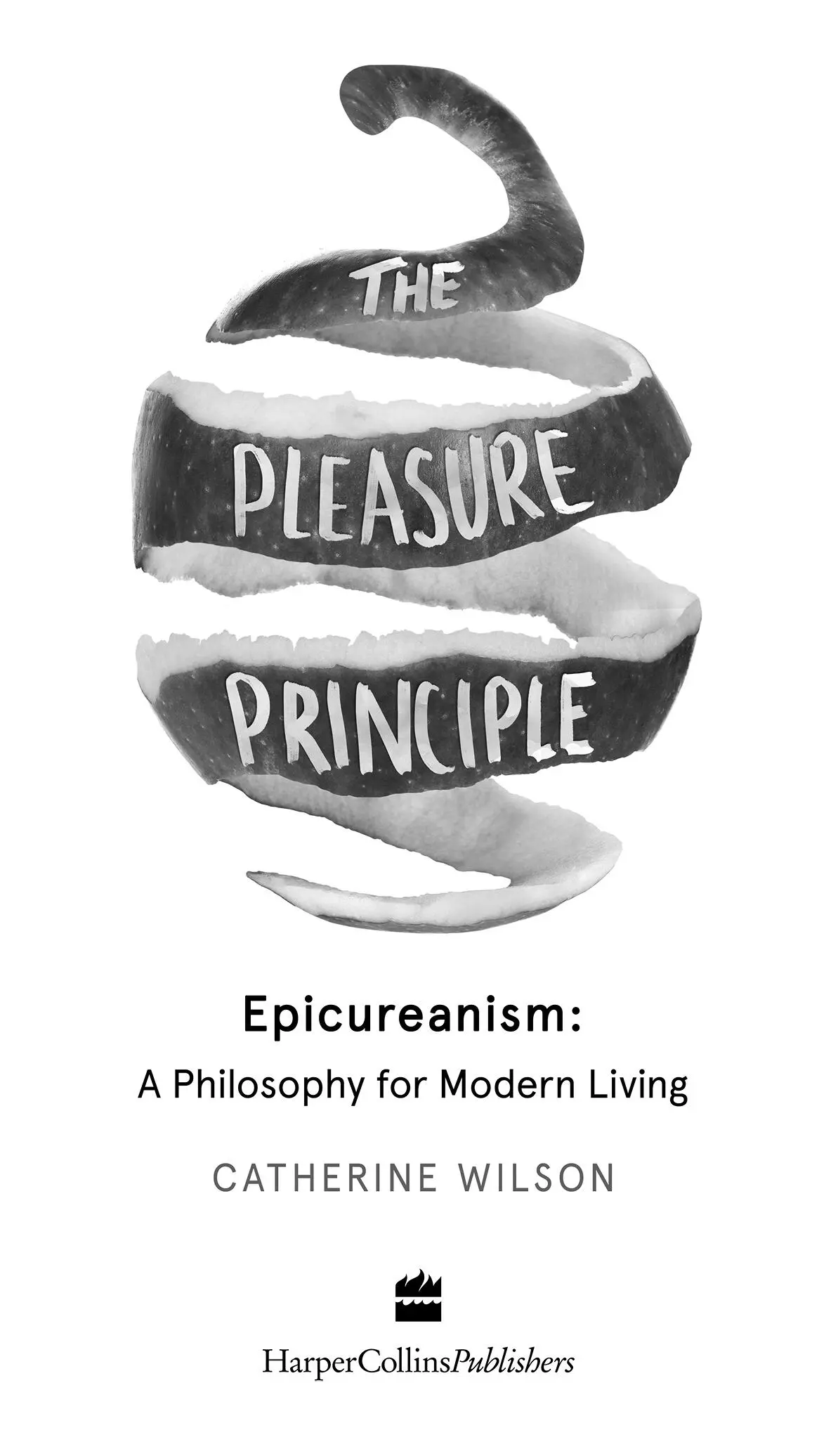
HarperCollins Publishers
1 London Bridge Street
London SE1 9GF
www.harpercollins.co.uk
First published by HarperCollins Publishers 2019
FIRST EDITION
© Catherine Wilson 2019
Cover layout design by Micaela Alcaino © HarperCollins Publishers Ltd 2019
Cover photograph © Shutterstock.com
A catalogue record of this book is available from the British Library
Catherine Wilson asserts the moral right to be identified as the author of this work
All rights reserved under International and Pan-American Copyright Conventions. By payment of the required fees, you have been granted the nonexclusive, non-transferable right to access and read the text of this e-book on screen. No part of this text may be reproduced, transmitted, downloaded, decompiled, reverse engineered, or stored in or introduced into any information storage retrieval system, in any form or by any means, whether electronic or mechanical, now known or hereinafter invented, without the express written permission of HarperCollins e-books.
Find out about HarperCollins and the environment at
www.harpercollins.co.uk/green
Source ISBN: 9780008291693
Ebook Edition © May 2019 ISBN: 9780008291716
Version: 2019-04-02
1 Cover
2 Title Page
3 Copyright
4 Contents
5 Preface
6 Note on the Text
7 PART I: HOW THE EPICUREAN SEES THE WORLD
8 1. Back to Basics The Epicurean Atom Atomism: Three Consequences
9 2. How Did We Get Here? The Epicurean Theory of Natural Selection Darwin’s Upgrade: How Selection Causes Evolution
10 3. The Material Mind The Mystery of Consciousness The Evolution of Consciousness
11 4. The Story of Humanity The State of Nature and the Rise of Civilisation Authority and Inequality The Lessons of the Past
12 PART II: LIVING WELL AND LIVING JUSTLY
13 5. Ethics and the Care of the Self Pleasure and Pain Prudence and its Limits Hedonism and its Problems Don’t Suffer in Silence! The Pleasure Merchants
14 6. Morality and Other People Morality vs Prudence Moral Truth and Moral Progress Why Be Moral? What’s Different About Epicurean Morality?
15 7. Beware of Love! The Epicurean Exception The Pains and Pleasures of Love Sexual Morality: Minimising Harm to Others Using Your Head
16 8. Thinking About Death The Epicurean View of Death Death at the Right and Wrong Times Abortion vs Infanticide Suicide vs Euthanasia Resisting and Accepting Mortality Don’t Count on the Afterlife
17 PART III: SEEKING KNOWLEDGE AND AVOIDING ERROR
18 9. What Is Real? Nature and Convention Things in Between Human Rights: Natural or Conventional? The Imaginary: Unthings The Reality of the Past
19 10. What Can We Know? The Importance of First-Person Experience Resolving Disagreement Is Empiricism True?
20 PART IV: THE SELF IN A COMPLEX WORLD
21 11. Science and Scepticism Scientific Explanation Can We Trust the Scientists? Living with Uncertainty
22 12. Social Justice for an Epicurean World Three Epicurean Philosophers on War, Inequality and Work Epicurean Political Principles Justice for Women: Nature, History and Convention
23 13. Religion From an Epicurean Perspective Belief in the Imaginary Piety Without Superstition Can Religion Be Immoral? Can a Religious Person Be an Epicurean?
24 14. The Meaningful Life Two Conceptions of the Meaningful Life Meaningfulness for the Individual The Problem of Affluence The Philosophical Perspective
25 15. Should I Be a Stoic Instead? The Stoic System Too Much Fortitude? Wrapping Up
26 Bibliography and Suggestions for Further Reading
27 Acknowledgements
28 About the Publisher
Landmarks CoverFrontmatterStart of ContentBackmatter
List of Pages iii iv 1 2 3 4 5 6 7 8 9 10 11 13 15 17 19 20 21 22 23 24 25 26 27 29 31 32 33 34 35 36 37 38 39 40 41 42 43 45 46 47 48 49 50 51 52 53 55 57 58 59 60 61 62 63 64 65 66 67 69 71 73 74 757677787980818283848586 87888990919293949597 9899100101102103104105106107108109111112113114115116117118119120121122123125126127128129130131132 133134135136137138139140141142143144145147149 151152153154155156157158159160161162163164 165166167168169171172173174175176177178179180181 182183184185187189190191 192193194195196197198199200201 202203205207208209210211212213214215216217218219220221222223225227228 229230231232233234235236237238239240241242243245246247248249250251252253254255256257258259261263264266267268269270271 273 274 275276277278279280 281282283284285286287288289290291292293 295
Philosophy wears garments of many colours and textures. It can stitch together intricate analysis or pretentious bafflegab, deep insight or pseudo-profundity, impartial advice or personal prejudice. It shows up, in flashy or drab form, not only in the lecture rooms of universities but in the New Age section of your local bookshop, shelved next to books about ESP and meditation. Regardless of its patchwork character, philosophy asks you to try to think for yourself, logically and coherently, to create order from chaos. You use ideas and frameworks developed by others, especially the great philosophers of the past, as scaffolding. But ultimately, you make – and use – your own system of the world in deciding what to believe, what to do and what to hope for.
My aim in this book is to build you a piece of scaffolding by introducing you to what, to me, is the most interesting and relevant of the ancient philosophical systems: Epicureanism, a ‘theory of everything’ originating in the observations and ideas of the 3rd-century-BCE Athenian philosopher Epicurus and set into Latin verse by his 1st-century-BCE Roman follower, Titus Carus Lucretius. Although the world has changed since Epicurus wrote and lectured, the issues of money, love, family and politics that he dealt with remain with us in new forms. The Epicurean perspective remains, to my mind, relevant and valuable.
Epicureanism was one of the five major schools of ancient Greek and Roman philosophy, existing alongside – and competing for adherents with – Platonism, Stoicism, Scepticism and Aristotelianism. Unlike the city-based Platonists and Stoics, Epicurus had decided to ‘live apart’ with his followers. His philosophical school was set in a garden (actually a grove), usually considered to have been located outside the city walls, where philosophy was discussed, meals were taken together, and books and letters were written.
Most of Epicurus’s original writings were lost. The largest known collection of his and his followers’ writings, located in the town of Herculaneum near Naples, was buried in the ash and lava of the eruption of Mount Vesuvius in 79 CE. But Lucretius had seen and made use of them more than a century earlier, and several of Epicurus’s philosophical letters and collections of sayings, as well as the reports of ancient commentators, survived.
Marcus Tullius Cicero, Lucretius’s Roman contemporary, took an interest in Epicureanism, though he criticised it heavily. His dialogues on religion and moral philosophy show how Epicureanism stacked up against its rival Stoicism, at least from Cicero’s point of view. Largely but not wholly lost to medieval and Renaissance readers, Epicurean philosophy was revived in the 17th century, when it exercised a significant influence on moral and political philosophy, as well as on cosmology, chemistry and physics. The great utilitarian social reformers of 19th-century Britain, as well as the framers of the United States Constitution, paid homage to the Epicurean ideal of human welfare. And Lucretius’s Epicurean poem, On the Nature of Things , at first admired mainly for its elegant Latin, came to be considered a model for the vivid and memorable communication of abstract scientific ideas. At the same time, as you will see in what follows, Epicureanism had certain features that shocked, or at least unsettled, many who encountered it.
Читать дальше
